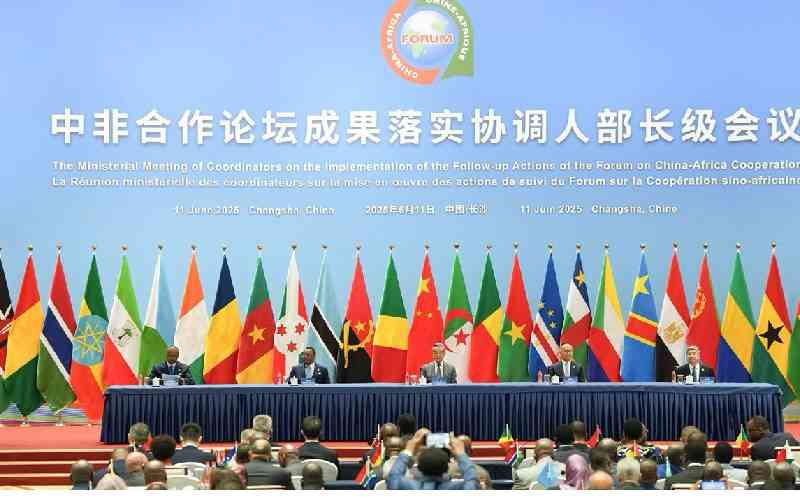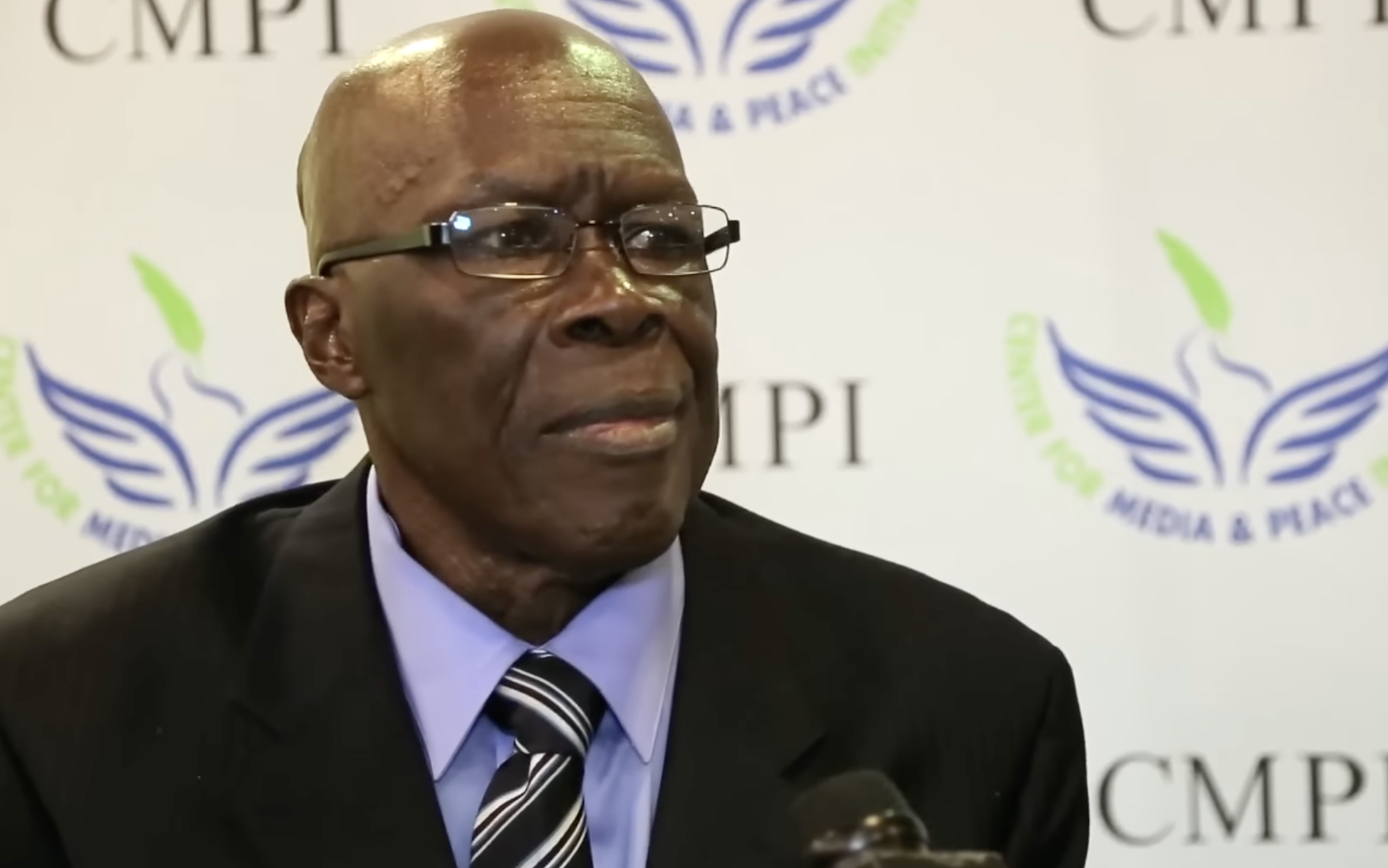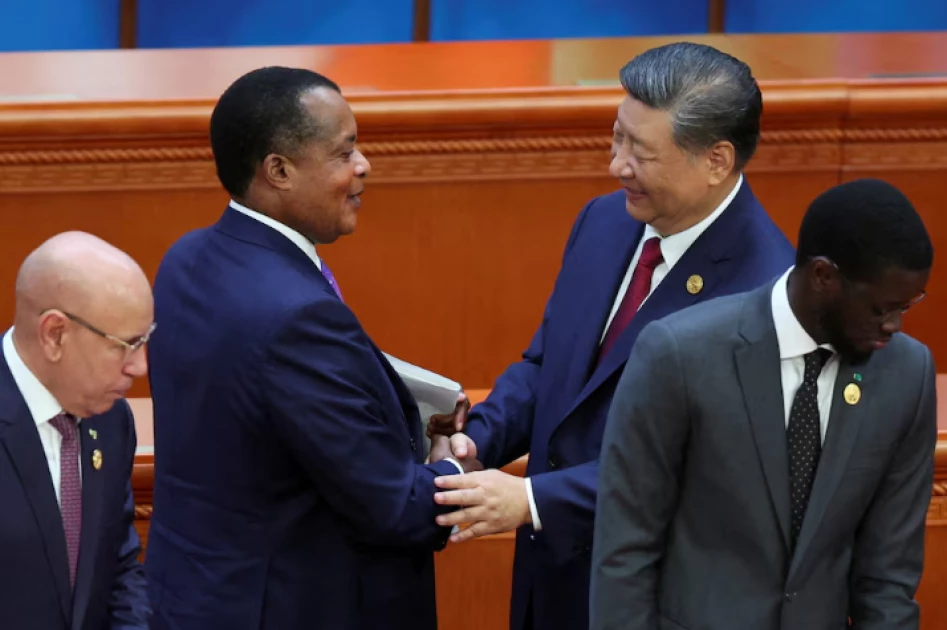Beijing opens door to Africa with zero tariffs amidst global turmoil

China has pledged to fully implement zero-tariff treatment on 100 per cent of tariff lines for 53 African countries, including Kenya.
Chinese President Xi Jinping said the move provides ‘new impetus’ for shared development in a world defined by ‘changes and turbulence’.
The expanded policy, which took effect last December, was announced by Chinese Foreign Affairs Minister Wang Yi on Wednesday during the Ministerial Meeting of Coordinators on the Implementation of the Follow-up Actions of the Forum on China-Africa Cooperation.
The ongoing Fourth China-Africa Economic and Trade Expo is being held simultaneously in the southern Chinese city of Changsha, Hunan, China, with African officials in attendance.
Mr Wang said the latest initiative was informed by President Xi's vision of fostering an "all-weather China-Africa community with a shared future for the new era," aimed at tackling global uncertainties with stability and resilience.
The Changsha Declaration, issued after the talks, stressed that "the rise and growth of the Global South represents the trend of the times and the future of development."
China and Africa, it added, are "important members of and staunch forces in the Global South."
Wang highlighted China's commitment to deeper collaboration with African counties across green industry, e-commerce, and artificial intelligence, asserting that "openness and cooperation are the right way forward."
Against the backdrop of tariffs imposed by the United States on China and majority of African states, the forum castigated protectionism, stating in the Declaration that "the frequent occurrence of unilateralism, protectionism and economic bullying has created severe difficulties for the economic and social development and the improvement of livelihood in African countries and other developing countries."
The immediate economic implication for African nations is significantly enhanced market access, potentially boosting export volumes to the world's second-largest economy.
Chinese commerce officials reported a 15.2 per cent year-on-year increase in imports from African Least Developed Countries (LDCs) under this policy from December to March, reaching $21.42 billion.
The Declaration explicitly stated China's readiness to "expand the zero-tariff treatment for 100 per cent tariff lines to all 53 African countries having diplomatic relations with China...to welcome quality products from Africa to the Chinese market."
Analysts cautioned yesterday that while tariff removal is significant, its full impact on Africa's long-term economic transformation requires additional factors.
Stay informed. Subscribe to our newsletter
Consequently, African nations like Kenya will need to boost manufacturing capacity, address non-tariff barriers, and integrate into global value chains to fully capitalise on the initiative, as the trade composition remains skewed towards African raw material exports and Chinese-manufactured imports.
Previous zero-tariff policies often saw benefits concentrated in low-value commodities.
Geopolitically, the zero-tariff pledge further solidifies China's position as a crucial economic partner, analysts said.
The Declaration affirmed a joint commitment to "stabilise this uncertain world with the certainty of the China-Africa relationship, establish a benchmark for sincere friendship and equality in the Global South, and advocate an equal and orderly multipolar world."
It called on the international community to "effectively increase" development assistance to African countries, not unilaterally slash it.
Overall, China-Africa trade grew over 20-fold since the Forum on China-Africa Cooperation (FOCAC) was launched in 2000, reaching 2.1 trillion yuan ($291 billion) in 2024, with China remaining Africa's largest trading partner for 16 consecutive years.









